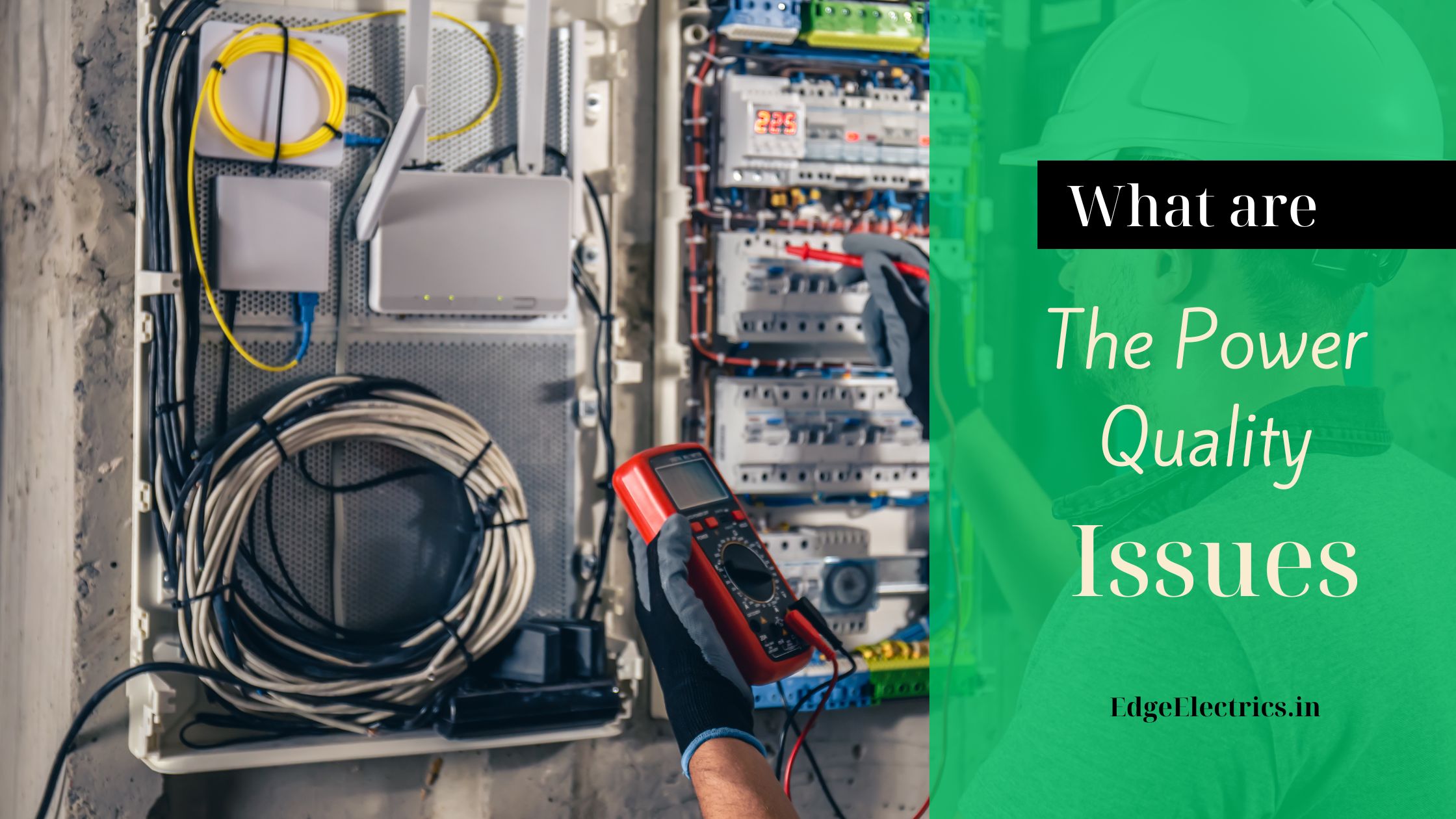
Effects of Power Quality in Industry?
Effects of Power quality can have remarkable and wide-ranging influence on various outlooks of industrial operations, equipment performance, and overall productivity. These impacts can lead to increased costs, decreased efficiency, equipment damage, and disruptions in production processes.
In today’s industrial landscape, power quality is a censorious factor that can significantly affect operations, efficiency, and profitability. Power quality indicates the stability and consistency of the electrical power supply, and its outcome on industrial processes is extreme. Let’s explore the key impacts of power quality on industry.
1. Impact on Sensitive Equipment and Control Systems
Effectof power quality can lead to voltage sags, surges, and harmonics, which can damage sensitive industrial equipment. This both reduces the lifespan of machinery and increases maintenance costs and downtime. For instance, voltage sags can lead to motors to stall, leading to production halts and potential damage to the motor windings.

2. Operational Efficiency
Poor power quality can directly disrupt the smooth operation of industrial processes. Equipment may not operate at optimal efficiency, leading to increased energy consumption and higher operational costs. For example, inconsistent power supply can cause heating elements to operate inefficiently, affecting the quality of products in industries such as manufacturing and food processing.
3. Equipment wear and Tear
Industrial equipment is highly sensitive to variations in power quality. Issues like harmonic distortions, voltage fluctuations, and frequency variations can impose extra stress on machinery, speeding up wear and tear. For instance, motor-driven systems may overheat or develop excessive vibrations, resulting in mechanical breakdowns and higher maintenance requirements. Transformers, capacitors, and circuit breakers are also vulnerable to damage caused by inconsistent power quality.
4. Energy costs and inefficiencies
Many industrial processes are highly automated, relying on control systems and sensitive equipment to ensure precision. Fluctuations in power quality, especially voltage sags or surges, can disrupt these systems, impacting production quality and leading to product defects or waste. In industries like pharmaceuticals, automotive, and electronics manufacturing, stable power quality is essential for quality control and regulatory compliance.
5. Impact on Sensitive Equipment and Control Systems
Many industrial processes are heavily automated, relying on control systems and sensitive equipment to maintain precision. Variations in power quality, particularly voltage sags or surges, can disrupt these systems, affecting production quality and leading to product defects or wastage. In industries such as pharmaceuticals, automotive, and electronics manufacturing, maintaining stable power quality is critical for quality control and regulatory compliance.

6. Safety Hazards
Poor power quality can pose significant safety risks. For instance, voltage spikes can cause electrical fires, while power interruptions can lead to hazardous situations in automated processes. Assuring stable power quality is essential to maintaining a safe working environment for employees.
7. Economic Losses and Profit Margins
The economic implications of poor power quality are substantial. Industries may face enhanced operational costs because of higher energy consumption, frequent equipment repairs, and production losses. In addition, there can be financial penalties for failing to meet contractual obligations due to production delays caused by power quality issues.
Conclusion
Maintaining high power quality is essential for the smooth and efficient operation of industrial processes. It enhances equipment performance. It enhance product quality and ensures safety and compliance with regulations as well. Device damage, delay, failure, overheating, and data loss are the effects of poor power quality.
continue reading
Related Posts
Power Quality Disturbances are voltage sags, swells, spikes, fluctuation and […]
Maintaining Good Power Quality includes several important characteristics such as […]
Ensuring good power quality is crucial in electrical systems. As […]



